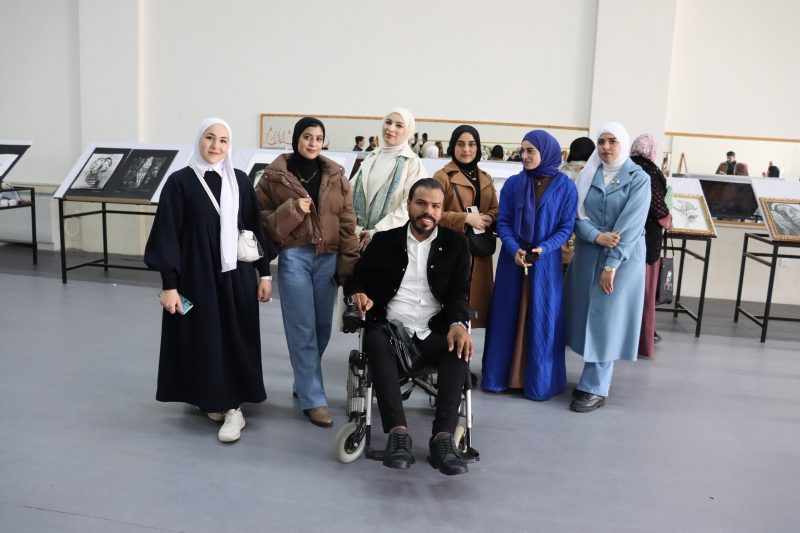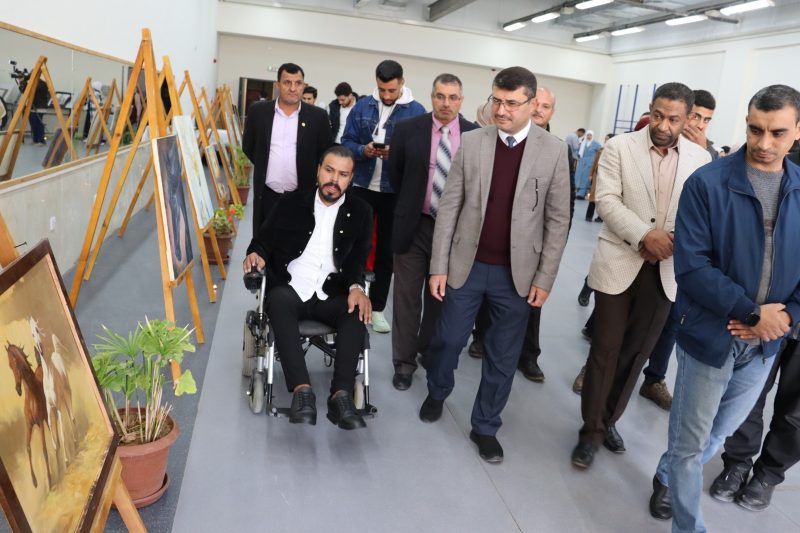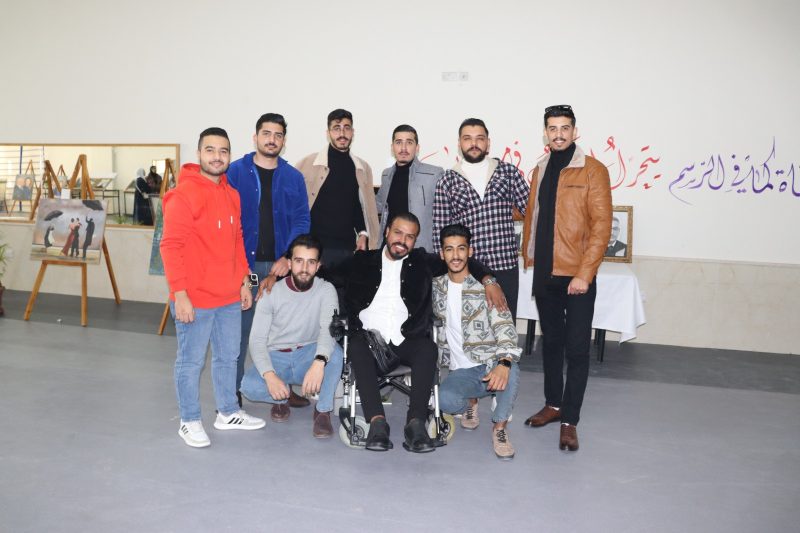Tafila Technical University is committed to providing a comprehensive and supportive learning environment for all students, including those with learning difficulties. To meet the unique needs of these students, the university offers tailored academic support services designed to help them overcome challenges and achieve academic success. These services play a crucial role in ensuring equal access to education and fostering a sense of belonging and empowerment among students with learning difficulties.
Academic Support Services for Students with Learning Difficulties:
Individualized Learning Plans:
- Customized educational plans for students with learning difficulties, specifically designed to meet their needs, strengths, and academic goals.
- Collaboration with students, faculty, and support staff to create and implement these plans effectively.
- Regular review and updating of learning plans to ensure their relevance and responsiveness to students’ needs and progress. Academic Accommodations:
- Providing reasonable accommodations for students with learning difficulties, such as exam time extensions, note-taking assistance, or alternative course materials.
- Coordinating with faculty to ensure the proper implementation of accommodations and facilitate communication between students and teachers.
- Monitoring the effectiveness of accommodations and making adjustments as needed to better support each student’s learning experience.
Teaching and Study Skills Support:
- Offering specialized educational services for students with learning difficulties, focusing on subject-specific assistance and learning strategies designed to meet their needs.
- Providing workshops and resources on study skills, time management, and organization specifically designed for students with learning difficulties.
- Peer support networks where students with learning difficulties can connect with their peers facing similar challenges and learn from each other.
Assistive Technology and Accessible Materials:
- Access to assistive technology tools, such as text-to-speech programs and speech recognition software, to help students with learning difficulties had better interact with course content.
- Course materials, including books and presentations, are available in accessible formats for students with learning difficulties.
- Training and support for students, faculty, and staff on using assistive technology and creating accessible materials.
Raising Awareness and Promoting Inclusivity:
Faculty and Staff Training:
- Providing training programs for faculty and staff to enhance their understanding of learning difficulties and develop the necessary skills to effectively support students.
- Providing guidance on inclusive teaching practices and strategies to accommodate students with learning difficulties in the classroom.
Campaigns and Awareness Events:
- Organizing campus-wide campaigns and awareness events to educate the university community about learning difficulties and the importance of inclusive education.
- Encouraging initiatives and student clubs that focus on supporting and empowering students with learning difficulties
. Collaboration:
- Enhancing a collaborative approach to support students with learning difficulties, involving students, faculty, staff, and support services in developing and implementing academic support strategies.
- Advocating for the rights and needs of students with learning difficulties, both within the university and in the community.




